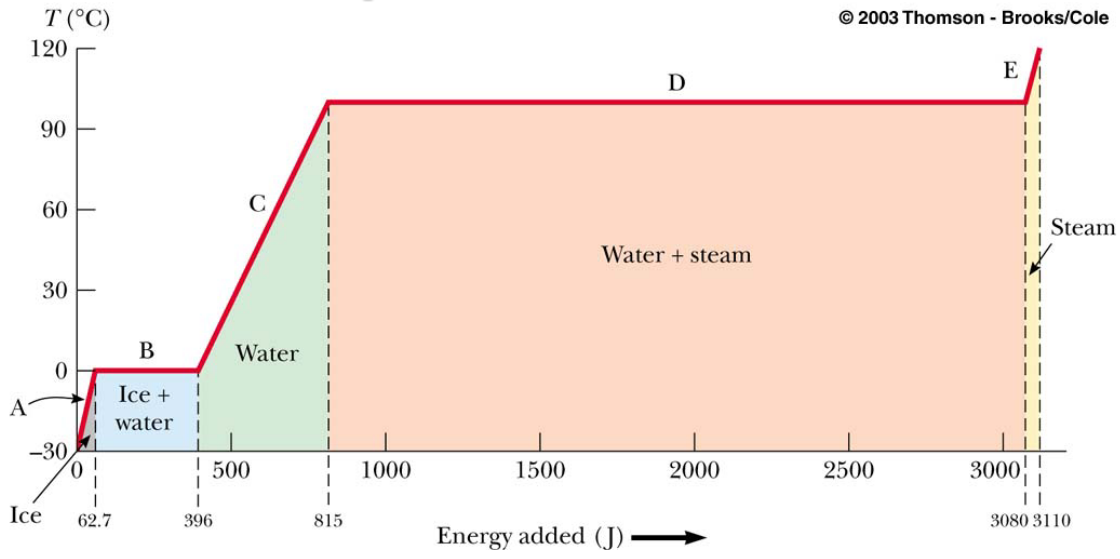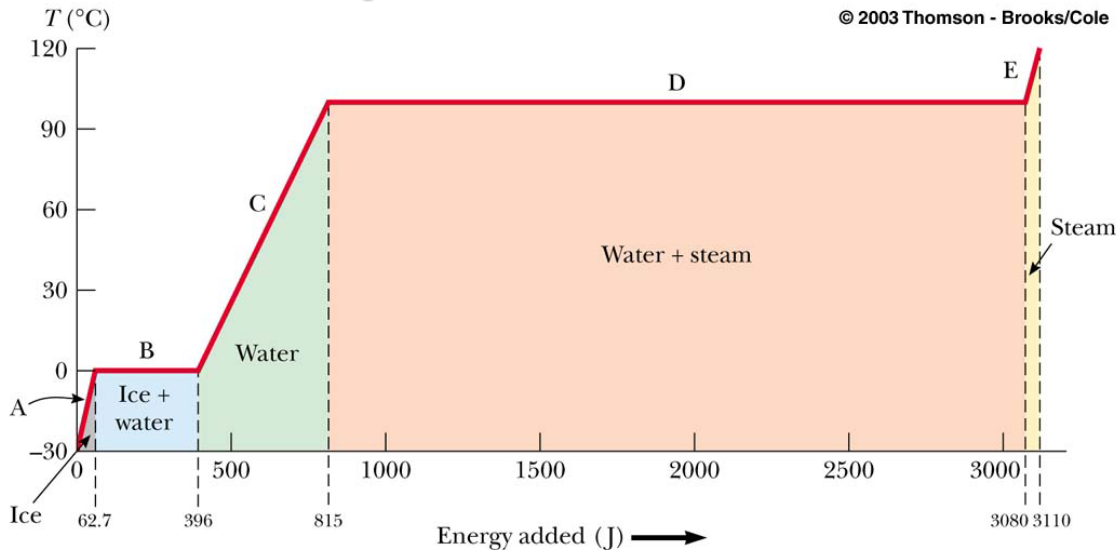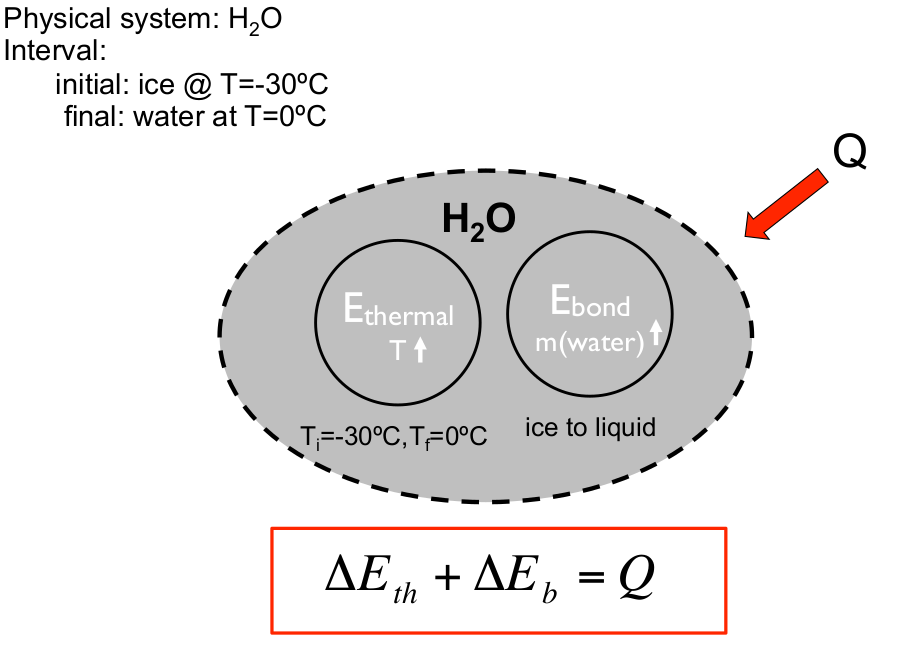The energy goes into changing the water into steam
|
1 / 25 |
|---|
|
|---|
|
|
|
|---|---|---|
|
|
|
|
|
|
|
W 2:10 - 4:30 pm F 10:30 - 12:50pm | |
|
||
|
||
|
||
|
||
|
|
3 / 25 |
|---|
To solve the problems, interact strongly with your small group (5-6 people) and the DL section (the whole class: ∼30 people)
The lecture will provide a framework (mostly a preview of what you will be seeing in the DLs) for the subject material, and will allow more explanation and demonstration of concepts.Your DL instructor will only give you guidance and pointers about the right way of thinking – they will not in general solve the problems for you!
2) You are arriving logically to the next step.
3) You clearly understand which model to apply to the problem at hand, why, and how to do it.
Learn to apply analytical principles and logic to understand problems and devise solutions.
Learn to reason with models and explain the world around us.
What we want is to have models that can describe the observed phenomenon and also have predictive power!
| Lecture 1 (UCD) | PHY 7A Winter 2019 | Jan 8, 2019 | 11 / 25 |
|---|
| Fact: Heat transfers from an object of higher temperature to an object of |
|---|
| For example, energy is transferred from the heating element of the kettle |
|---|

Process A: This is the very cold ice starting to warm up. Here, it goes
| Lecture 1 (UCD) | PHY 7A Winter 2019 | Jan 8, 2019 | 13 / 25 |
|---|

| Lecture 1 (UCD) | PHY 7A Winter 2019 | Jan 8, 2019 | 15 / 25 |
|---|
Process D: The water is now at the boiling point (100◦C) and heat is still being added. The energy goes into changing the water into steam. No temperature change. This is another mixed phase. Liquid/gas co-exist.
|
|---|
| where ∆ always means final minus initial. |
|---|
the system), W > 0 (work is done on the system), W < 0 (work is done
by the system)
|
|---|
There are others: KE, PEgravity, PEspring, PEelectric, ...
| Lecture 1 (UCD) | PHY 7A Winter 2019 | Jan 8, 2019 | 19 / 25 |
|---|
What questions we could ask about the interaction?
What is the Physical System the diagram is referring to?
|
20 / 25 |
|---|
What questions we could ask about the interaction?
|
21 / 25 |
|---|

| Lecture 1 (UCD) | PHY 7A Winter 2019 | Jan 8, 2019 | 23 / 25 |
|---|
We borrow from Three Phase Model that when solid turns to liquid
(bonds are broken), Ebond increases; when liquid turns to solid (bonds are
|
|---|





